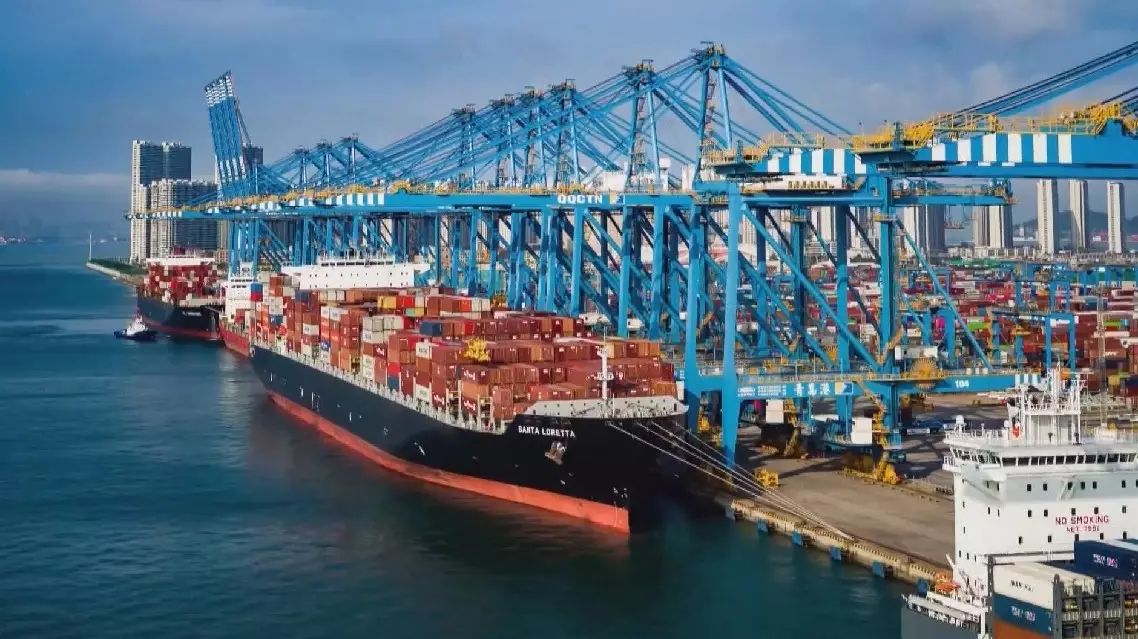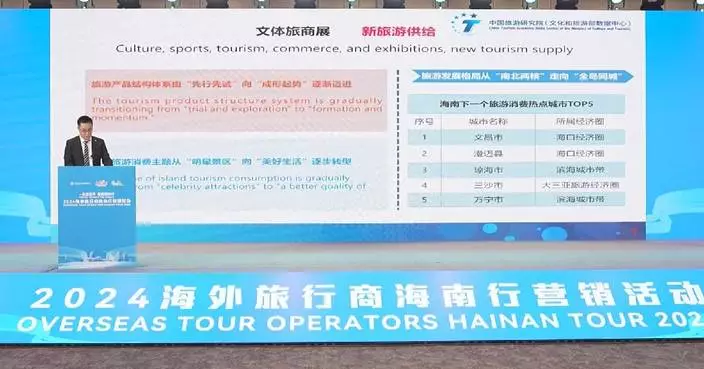More than 4.5 million people in Colombia are facing severe levels of food insecurity, particularly in rural areas, due to armed conflicts, low income and high vulnerability to extreme weather events.
The majority of these people are migrants, according to a report by the Global Network Against Food Crises (GNAFC). The report says 2.9 million foreigners, or 62 percent of the migrant population, face high levels of food insecurity. About 14 percent of migrants face severe acute food insecurity.
The crisis has put many people in a dire situation as they have been forced to cut spending on household essentials.
"The first thing that happens when a family budget comes down is to cut back on food spending because that's the only thing they have decision-making power over. You can't do that with public services and transport costs because they are at fixed prices. You can only reduce food spending," said Professor Paula Natalia Caicedo Ortiz at the Pontifical Javeriana University in Colombia.
The report shows that acute food insecurity is also higher in Colombia's rural areas, where extreme weather events such as El Nino have triggered both drought and heavy rainfall.
One analyst said Colombia can withstand these weather disasters through strategic planning.
"In the short term, we need to study these weather cycles to establish new strategies for crops and implement sustainable agriculture. We could adopt mixed cropping, which involves growing different types of crops together [on the same piece of land], to better adapt to varying weather conditions," said Professor Sebastian Tirado Diaz at the Cooperative University of Colombia.
Professor Caicedo emphasized that Colombia has been suffering from acute food insecurity for years. She added that factors including the ongoing armed conflict and economic policies have hampered local food production.
"We prefer to buy and import because it's probably cheaper than investing in agrarian reform that would favor our national production and improve the quality of life for our farmers," said Caicedo.

Colombia faces severe food insecurity due to conflict, extreme weather patterns

Colombia faces severe food insecurity due to conflict, extreme weather patterns









